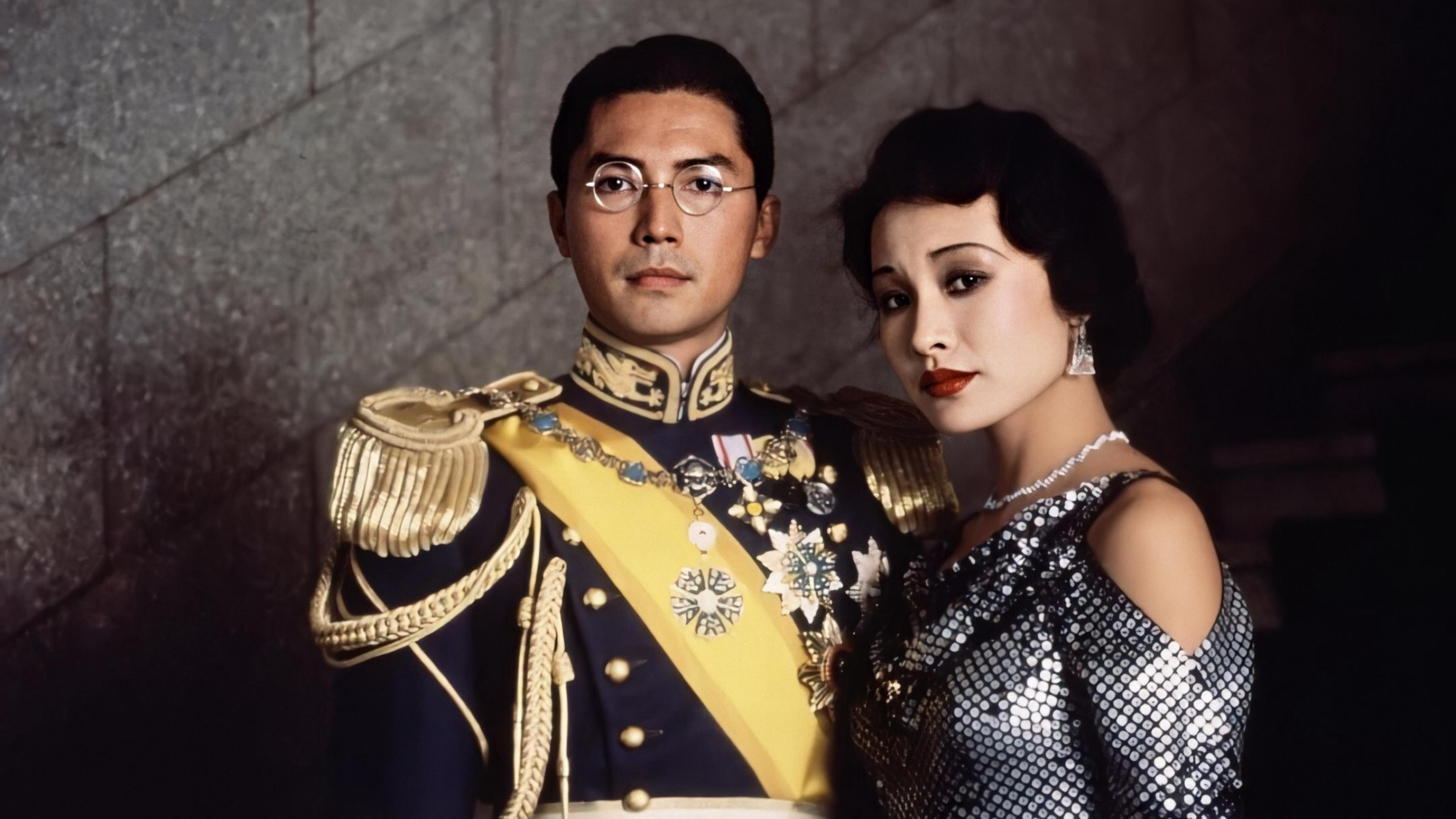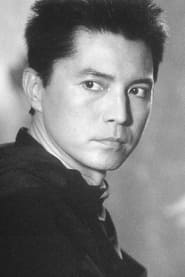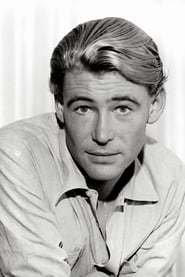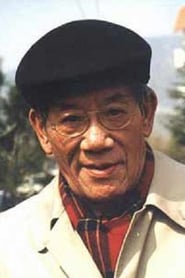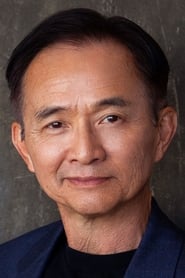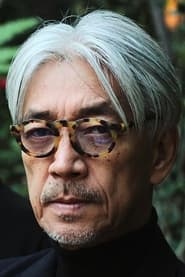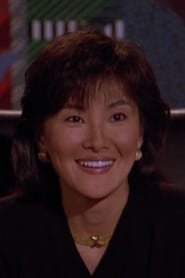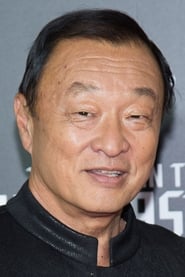Cast
View AllJohn Lone
as Pu Yi (Adult)
Joan Chen
as Wan Jung
Peter O'Toole
as Reginald Johnston (R.J.)
Ruocheng Ying
as The Governor
Victor Wong
as Chen Pao Shen
Dennis Dun
as Big Li
Ryuichi Sakamoto
as Amakasu
Maggie Han
as Eastern Jewel
Ric Young
as Interrogator
Vivian Wu
as Wen Hsiu
Cary-Hiroyuki Tagawa
as Chang
Jade Go
as Ar Mo
Fumihiko Ikeda
as Yoshioka
Richard Vuu
as Pu Yi (3 years)
Tsou Tijger
as Pu Yi (8 years)
Crew
Director
- Bernardo Bertolucci
Producer
- John Daly
- Franco Giovale
- Joyce Herlihy
- Jeremy Thomas
Reviews
CinemaSerf
This is a glorious film to watch on a big screen. It depicts the end of empire and the birth of new ones - and it does it in a spectacularly colourful and stylish fashion. The death of the Empress Dowager sees the toddler Pu Yi ascend the Dragon Throne of China, and live amidst concubines and eunuchs in the Forbidden City. He grows up believing his is a divine right to rule, and it is only upon the arrival of his tutor RJ (Peter O'Toole) and his procurement of spectacles that his eyes begin to be opened to the reality that his kingdom is entirely enclosed within a wall of golden yellow tiles. When this idyll is disrupted by warring events outside, the Emperor (now John Lone) sone finds himself a playboy, married to an opium addict (Joan Chen) and a useful puppet of the manipulative Japanese who have invaded much of his erstwhile realm. WWII arrives, power struggles ensue and the story of his eventual - and rather brutal - reintegration into the newly established Chinese communist society is depicted sensitively and without recourse to too much melodrama or sentiment. The score adds a wonderful richness to what is undoubtedly the star of this - the cinematography. Set inside the splendour of the actual Imperial Palace complex in Peking, we get a wonderful sense of the grandeur, isolation and luxury of life inside this sumptuously decorated collection of marble and brightly painted villas whilst outside, poverty and mysticism reigned more surely than did the occupant of the throne. The costume design is also remarkable - a perfect eye for the detail of the period from the start to the middle of the 20th Century. To be honest, the acting - aside from an engaging performance from the inquisitive and mischievous three year old (Richard Vuu) is all pretty routine. O'Toole features sparingly and doesn't quite fit the bill as the learned and worldly scholar. Lone and Chen are competent but they really only shine a light on the rather stilted dialogue. This isn't really a film about words - it's a film about visuals. It's about history, politics, corruption, betrayal - and even a little bit of love - all encased in a shell of creative elegance. It's wasted on the television - but is certainly one of the best examples of "epic" cinema yet made and Bertolucci has clearly invested a great deal of himself in this beautiful piece of drama. A must see, I'd say.
Jul 17, 2023
Thematic Analysis
As a dramatic work, The Last Emperor examines complex human relationships and emotional struggles against the backdrop of a period setting that reflects societal issues of its time. The character development particularly stands out, offering viewers a chance to reflect on their own life journeys.
Director Bernardo Bertolucci brings their distinctive visual style to this film, continuing their exploration of themes seen in their previous works while adding new elements. Their approach to character development and emotional depth creates a viewing experience that rewards close attention.
Released in 1987, the film exists within a cultural context that now offers viewers historical perspective on the social issues of that era. Its critical acclaim reflects its artistic achievements and its place in cinema history.
Did You Know?
- The production of The Last Emperor took approximately 33 months from pre-production to final cut.
- With a budget of $23.8 million, the film proved to be a financial success, earning back its investment and more.
- The final cut of the film runs for 163 minutes, though the director's initial assembly was reportedly 214 minutes long.
- The screenplay went through 12 major revisions before the final shooting script was approved.
- The cast underwent specialized training for 3 weeks before filming began.
- The musical score contains over 79 unique compositions.
Historical Context
- In 1987, when this film was released:
- MTV launched, changing how music was marketed and consumed.
- The Cold War was entering its final phase.
- Independent cinema was growing in influence, challenging the dominance of major studios.
How This Film Stands Out
While The Last Emperor shares thematic elements with other films in its genre, it distinguishes itself through its unique approach to storytelling, visual style, and character development.
Unlike Gilded Rage, which focuses more on action than character development, The Last Emperor subverts genre expectations by exploring its themes with greater nuance.
While films like Wild Power and Filmmakers for the Prosecution explore similar territory, The Last Emperor stands apart through its deeper exploration of its central themes and more complex characterization.
This film's unique contribution to cinema lies in its thoughtful balance of entertainment value and thematic depth, making it a valuable addition to its genre.
Details
- Release Date: October 4, 1987
- Runtime: 2h 43m
- Budget: $23,800,000
- Revenue: $44,000,000
Where to Watch







